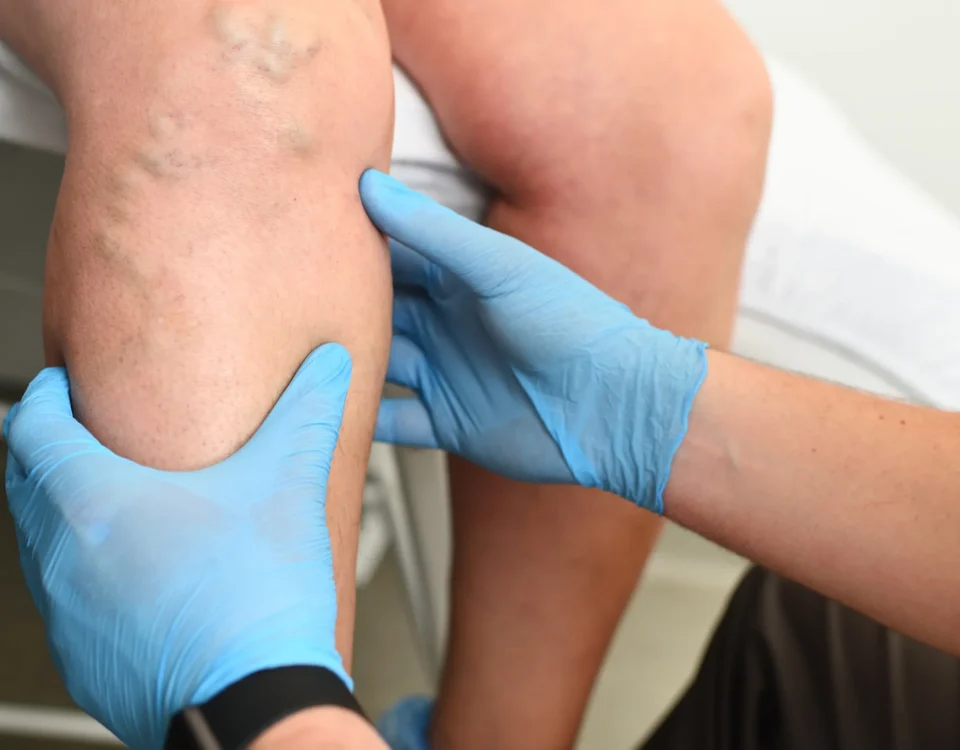
Coping Strategies for Managing Fibromyalgia
September 4, 2025
5 Health Benefits of Cosmetic Surgery
September 7, 2025Orthopedic surgeons are medical doctors who focus on the musculoskeletal system. They diagnose and treat various conditions, such as fractures, sports injuries, and chronic diseases like arthritis. These specialists use both surgical and nonsurgical methods to help patients regain movement and reduce pain. Here’s some more information about how to pursue this profession.
Medical School
The first significant step toward this career is completing medical school. Aspiring surgeons begin with four years of undergraduate education, typically focusing on science-based subjects like biology and chemistry. After earning a bachelor’s degree, they must take various tests and apply to medical school.
Curriculum is typically split into two parts. The first years are spent in classrooms and labs, learning about anatomy, physiology, pharmacology, and other foundational medical sciences. The final years typically involve clinical rotations, where students work in various medical specialties under the supervision of experienced physicians. This hands-on experience helps them apply their knowledge and choose a specialty.
Orthopedic Surgery Residency
After graduating from medical school, doctors who wish to become orthopedic surgeons must complete a residency program. This is a paid training period in a hospital or medical center. It is an intensely focused period during which new doctors learn the specifics of orthopedic care.
The first year, referred to as an internship, typically involves rotations in general surgery and other areas of medicine. The subsequent years are dedicated exclusively to orthopedics. They typically spend many hours in operating rooms, assisting senior surgeons and gradually taking on more responsibility.
They also work in clinics, where they see patients for consultations and follow-up appointments. This comprehensive training prepares them for the complexities of the specialty. The residency covers all aspects of the field, including:
- Trauma
- Pediatrics
- Sports medicine
- Spine surgery
Board Certification
Upon completion of residency, an orthopedic surgeon is eligible to begin the board certification process. While licensure allows a doctor to practice medicine, board certification demonstrates a higher level of expertise in a specialty. The process involves many steps. Successfully completing these steps results in board certification, a mark of professional achievement.
Ongoing Specializations
Many orthopedic surgeons choose to pursue additional training in a subspecialty. This is accomplished through a fellowship, which is typically a one-year program focused on a specific area of orthopedics. Fellowships allow surgeons to develop advanced skills in areas like hand surgery, joint replacement, pediatric orthopedics, or spinal surgery. This advanced training permits them to handle more complex cases within their chosen niche. Medicine is constantly advancing, so surgeons also participate in continuing medical education throughout their careers to stay current with new technologies and treatment methods.
Visit an Orthopedic Surgeon
The journey to becoming an orthopedic surgeon is demanding, requiring years of education and hands-on training. These specialists spend many years mastering the treatment of the musculoskeletal system. If you’re experiencing joint pain, a sports injury, or other bone or muscle issues, you can trust an orthopedic surgeon to help. If you have pain or an injury, schedule an appointment with an orthopedic specialist today to get the care you need.




